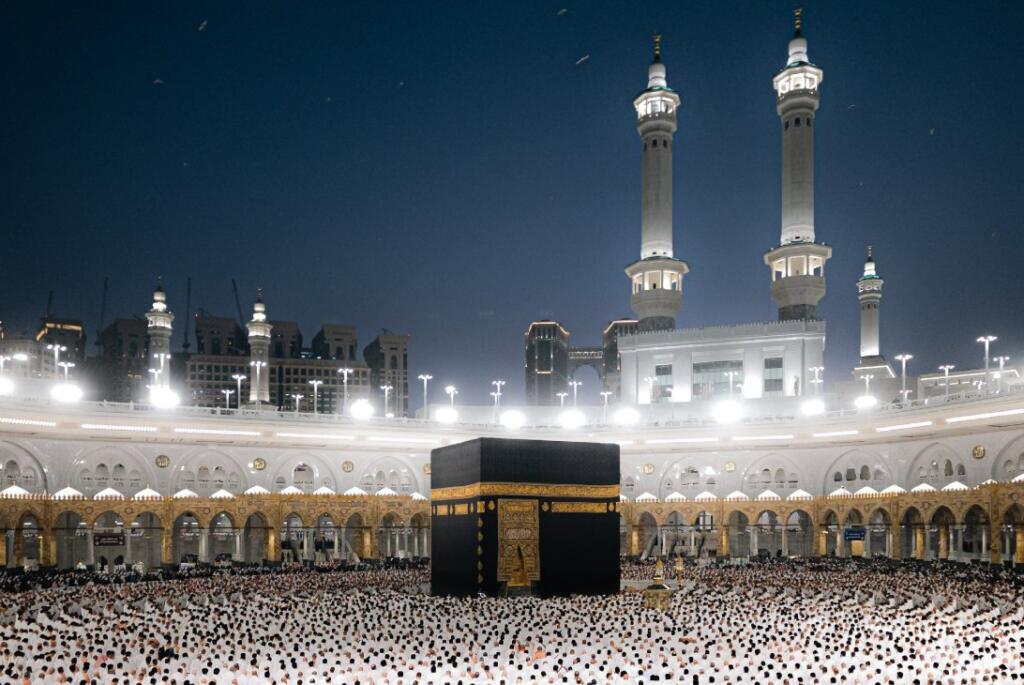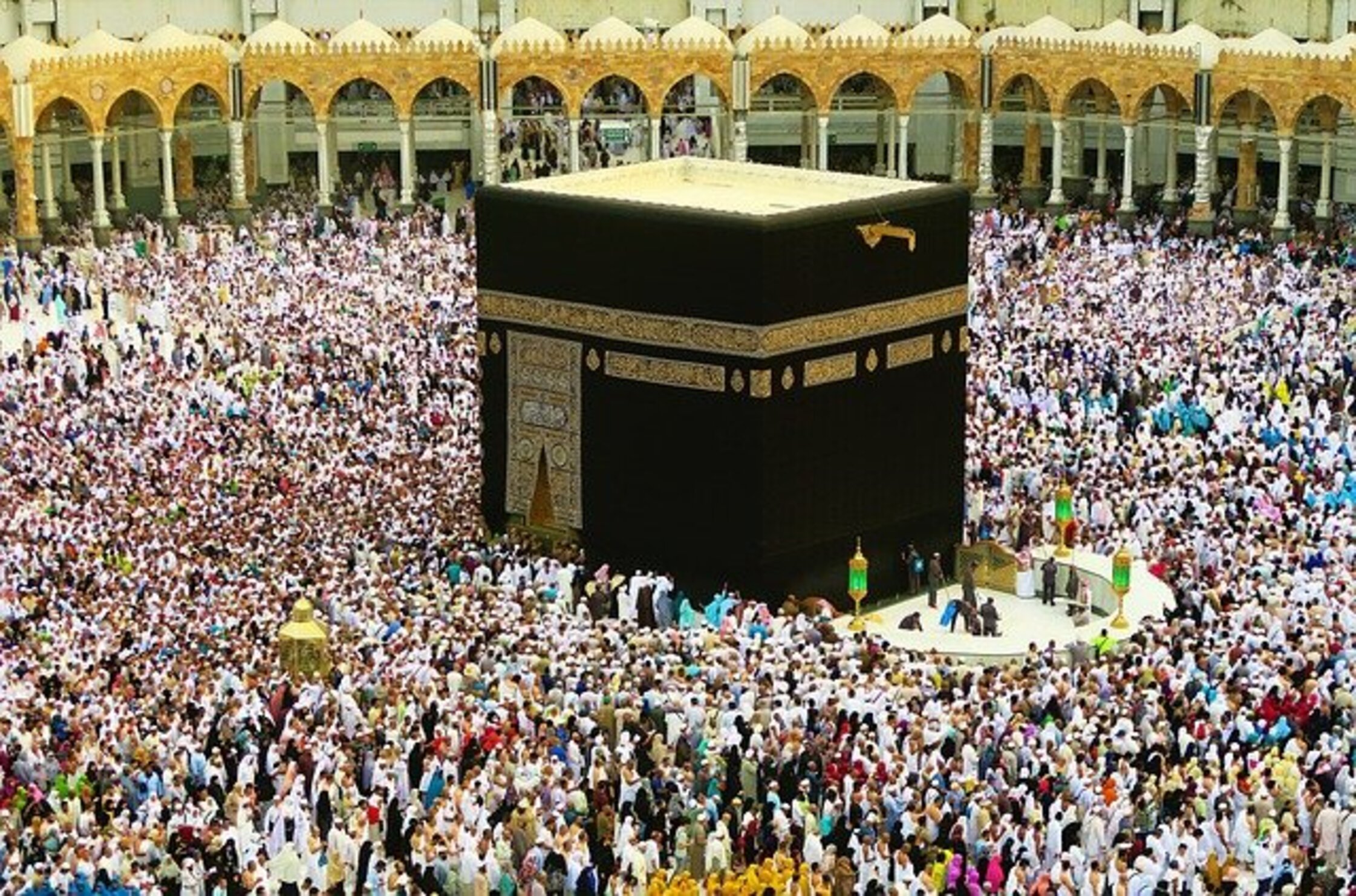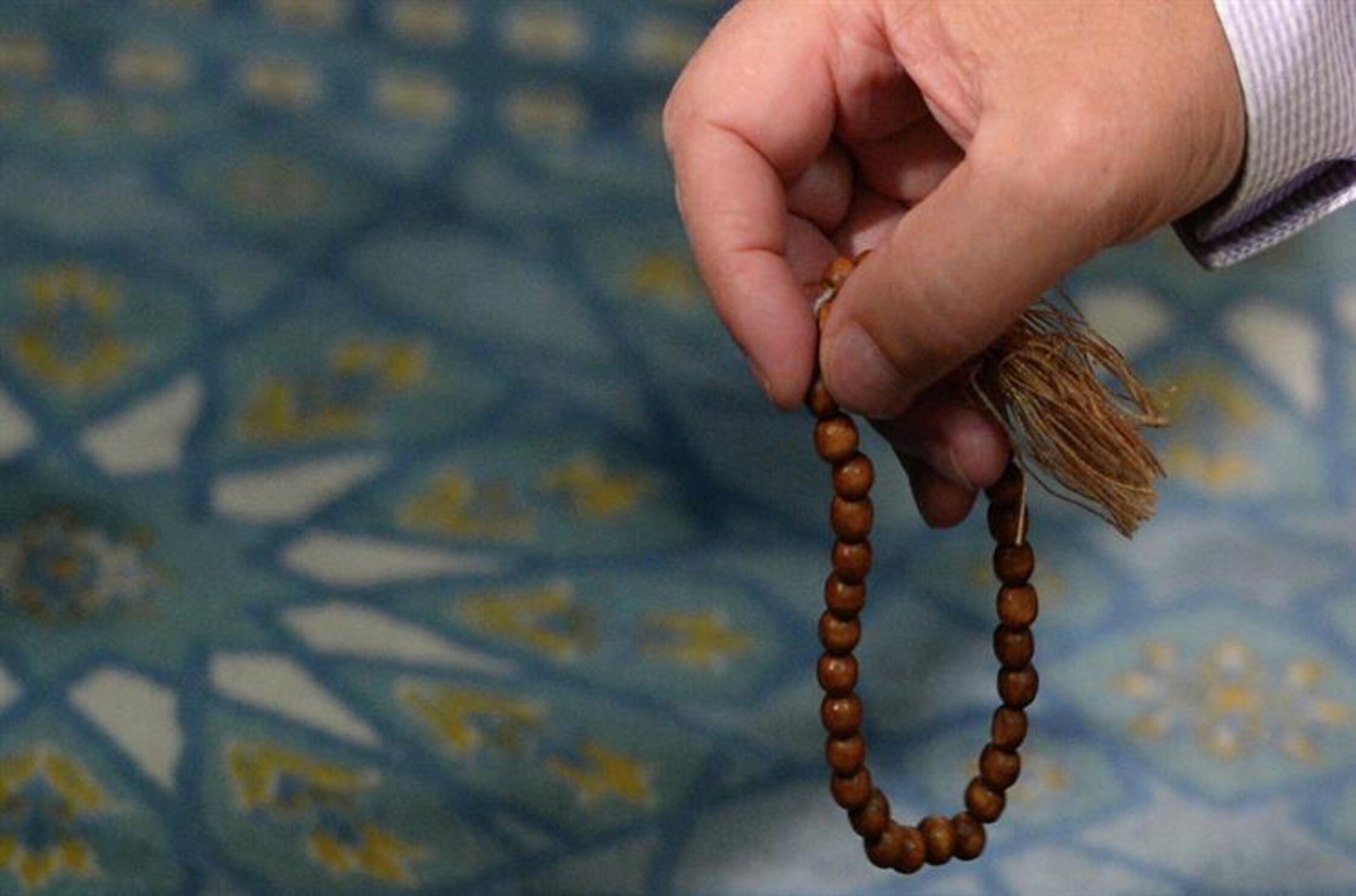Throughout these days, we should increase in general acts of worship (e.g. performing ṣalāh in congregation, tahajjud, Qur’ān, duʿā’, general dhikr, istighfār, ṣalawāt, ṣadaqah etc). In addition to this, the following are some specific actions for these days:
Day No. 1-8
- Do dhikr in abundance, especially tahlīl (لَا إِلٰهَ إِلَّا اللّٰهُ), taḥmīd (اَلْحَمْدُ لِلّٰهِ), and takbīr (اَللّٰهُ أَكْبَرُ) .
- Recite takbīr in the homes, markets and streets.
- Fast as many days as possible.
Day No. 9 (Day of ʿArafah)
- Keep a fast.
- Recite takbīr of Tashrīq* once after each farḍ ṣalāh, starting from Fajr ṣalāh.
- Do dhikr in abundance and repeat frequently: لَا إِلٰهَ إلاَّ اللّٰهُ وَحْدهُ لاَ شَرِيْكَ لَهُ، لَهُ الْمُلْكُ، ولَهُ الحمْدُ، وَهُوَ عَلَىٰ كُلِّ شَْءٍ قَدِيْرٌ
- Make duʿā’, especially for freedom from Hell.
Day No. 10 (Day of Eid)
- Perform Eid ṣalāh, and carry out the sunnah’s of Eid.
- Perform qurbānī/uḍḥiyah and share it with others.
- Spread joy.
- Recite takbīr of Tashrīq* after each farḍ ṣalāh.
- Do dhikr in abundance, especially tahlīl, taḥmīd and takbīr.
Days No. 11-13 (Days of Tashriq)
- Recite takbīr of Tashrīq* after each farḍ ṣalāh until after ʿAṣr of the 13th.
- Do dhikr in abundance, especially tahlīl, taḥmīd and takbīr.
*اَللّٰهُ أَكْبَرُ اَللّٰهُ أَكْبَرُ لَا إِلٰهَ إلَّا اللّٰهُ وَاللّٰهُ أَكْبَرُ اَللّٰهُ أَكْبَرُ وَلِلّٰهِ الْحَمْدُ
If you plan on sacrificing an animal and you need to cut your hair or nails, then do so before the crescent of Dhul Ḥijjah is sighted. The Messenger of Allah ﷺ said, “When the 10 days (of Dhul Ḥijjah) begin and one of you intends to sacrifice, then he should not remove anything from his hair or nails until he has performed the sacrifice” (Muslim). Some scholars explain that the wisdom behind not cutting one’s hair and nails is to resemble the pilgrims of ḥajj in some way. Others consider it to be part of the completion of the sacrificial rite.






